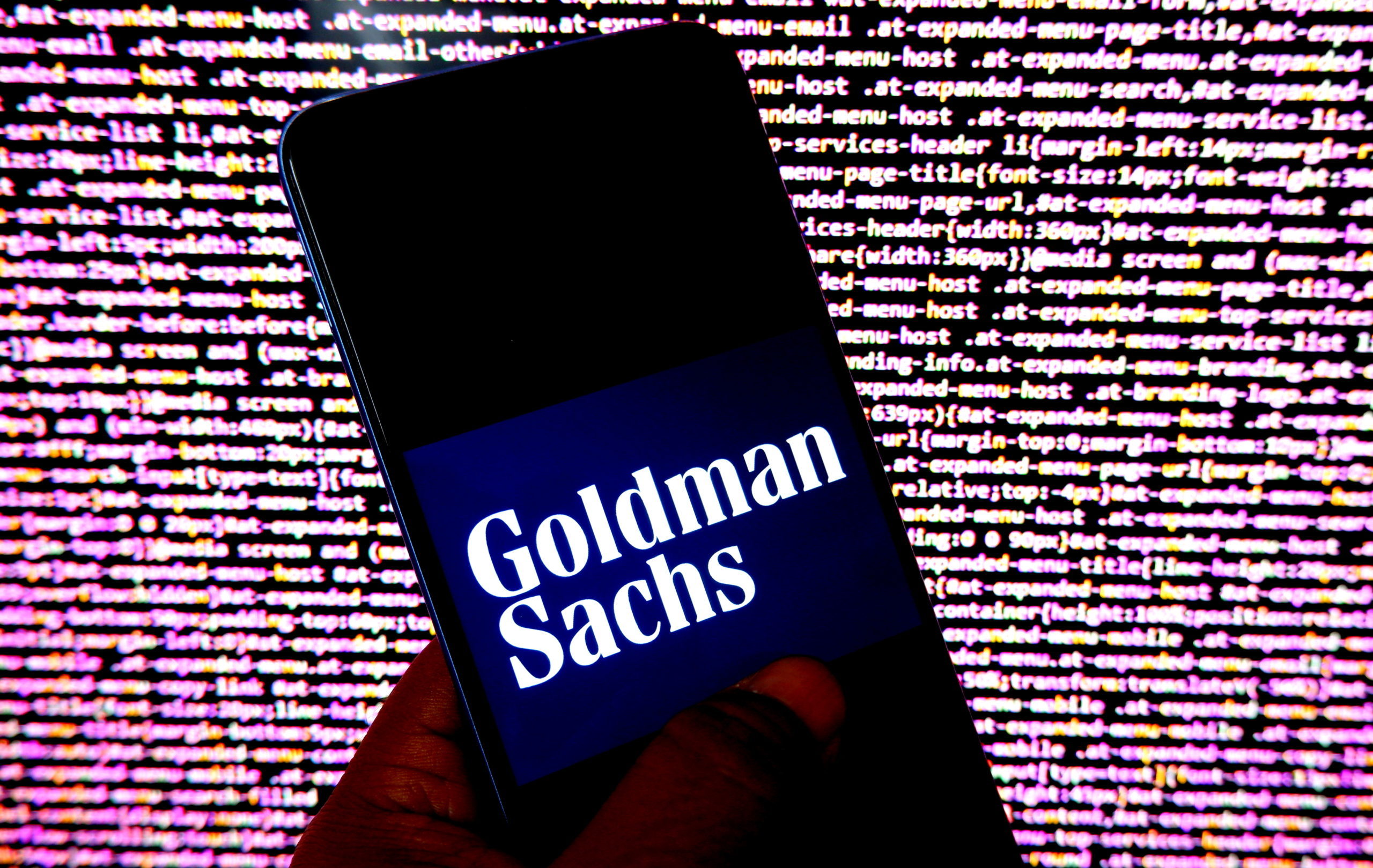A Not-So-Hostile Work Environment
The sexism allegations against Goldman Sachs don’t add up.

Bloomberg reported Tuesday that Goldman Sachs paid a former partner $12 million after she alleged senior members at the firm had made "vulgar and dismissive comments about women."
The settlement agreement was reportedly reached in 2020 as an ill-fated attempt to prevent the former partner's allegations from being made public. Anonymous sources told Bloomberg the partner had compiled a sizable list of complaints, including that Goldman paid female employees less than their male colleagues, that it had an "institutional problem" with senior staff making "dismissive remarks" about women, and had a "leadership culture that favors men." Bloomberg characterized the partner's allegations as being consistent with a 2019 class-action suit brought against Goldman for allegedly inculcating a "boys’ club” atmosphere at the firm.
The partner also reportedly accused Goldman CEO David Solomon of having "bragged to a gathering of male colleagues" that he "received oral sex," which Solomon denies.
All of the parties involved here are more or less terrible. Goldman Sachs is a $130 billion entity that reimburses its employees for aborting their kids. David Solomon personally announced that policy. The alleged "victim" is a wealthy former Goldman partner whose injury consisted of being subjected to "dismissive comments." If there were a way for all three to lose, I'd be for it.
Loath as I am to defend Goldman Sachs, the sexism allegations just don't add up. The complainant and the feminist contingent at Goldman want to have it both ways. On one hand, the former partner complained that managers at Goldman allegedly "liken[ed] women to flight crew in a meeting to discuss gender issues." On the other, she reportedly joked at an internal Goldman function that it seemed "executives had to be White and bald to run the firm." Which is it? Are jokes allowed or aren't they?
They also want to have it both ways on the charge that Goldman is a "boys' club"—that men at the firm have an exclusive culture of banter and ribbing, which ostracizes women. The problem with that "boys' club" atmosphere is, presumably, that it excludes women, but when the women at Goldman were treated like "the boys"—when they were exposed to the same banter and ribbing as the men at the firm—they turned around and extorted the firm for millions of dollars for having been subjected to "dismissive comments."
The men's alleged behavior is not defensible, either. If the executive did, in fact, brag about his sexual activities, he should apologize. And if the men at Goldman are in fact making "dismissive remarks" to women, they should act like men, and stop, precisely because men and women are different. The same types of barbs and ribbings that men direct at men have different connotations when directed at women.
Subscribe Today
Get daily emails in your inbox
But those traditional norms of male behavior—of treating women more gently than men—would almost certainly be rejected by the feminist contingent at Goldman. They want simultaneously to be treated as "one of the boys" while being shielded from the harder edges of male culture. The conflicting desire to be both part of and shielded from the male "in-group" is at the heart of gender-related office disputes around the country. And because we have outsourced conflict resolution to sociology majors in human resources departments, Goldman and other firms resolve this tension by deferring to the incentive structure created by federal civil rights law.
As Christopher Caldwell described in The Age of Entitlement, the Civil Rights Act of 1964—specifically courts' interpretation of Title VII's prohibition on race- and sex-based employment discrimination—makes certain forms of constitutionally protected speech, like the "flight crew" joke, verboten in the workplace. Because the "severe and pervasive" standard that courts apply to adjudicate hostile work environment claims is subjective, employers are incentivized to adopt zero-tolerance policies towards off-color speech. Maybe the third derisive comment about the WNBA won't be enough to sustain a hostile work environment claim, but the fourth will be. And when tens of millions of dollars in anti-discrimination lawsuits hang in the balance, it is better to have a company-wide policy against discussing the attendance numbers at the latest Chicago Sky game than to leave it to chance.
In effect, as Caldwell described, "the fear of litigation privatized the suppression of disagreement, or even of speculation." It led companies to discourage or even proscribe any and all forms of speech that could be even remotely construed as contributing to a hostile work environment. The benign ribbing and off-color banter that characterizes male culture may have made the office more fun. But since 1964, it has been much too risky to allow—as Goldman is learning the hard way.
Comments